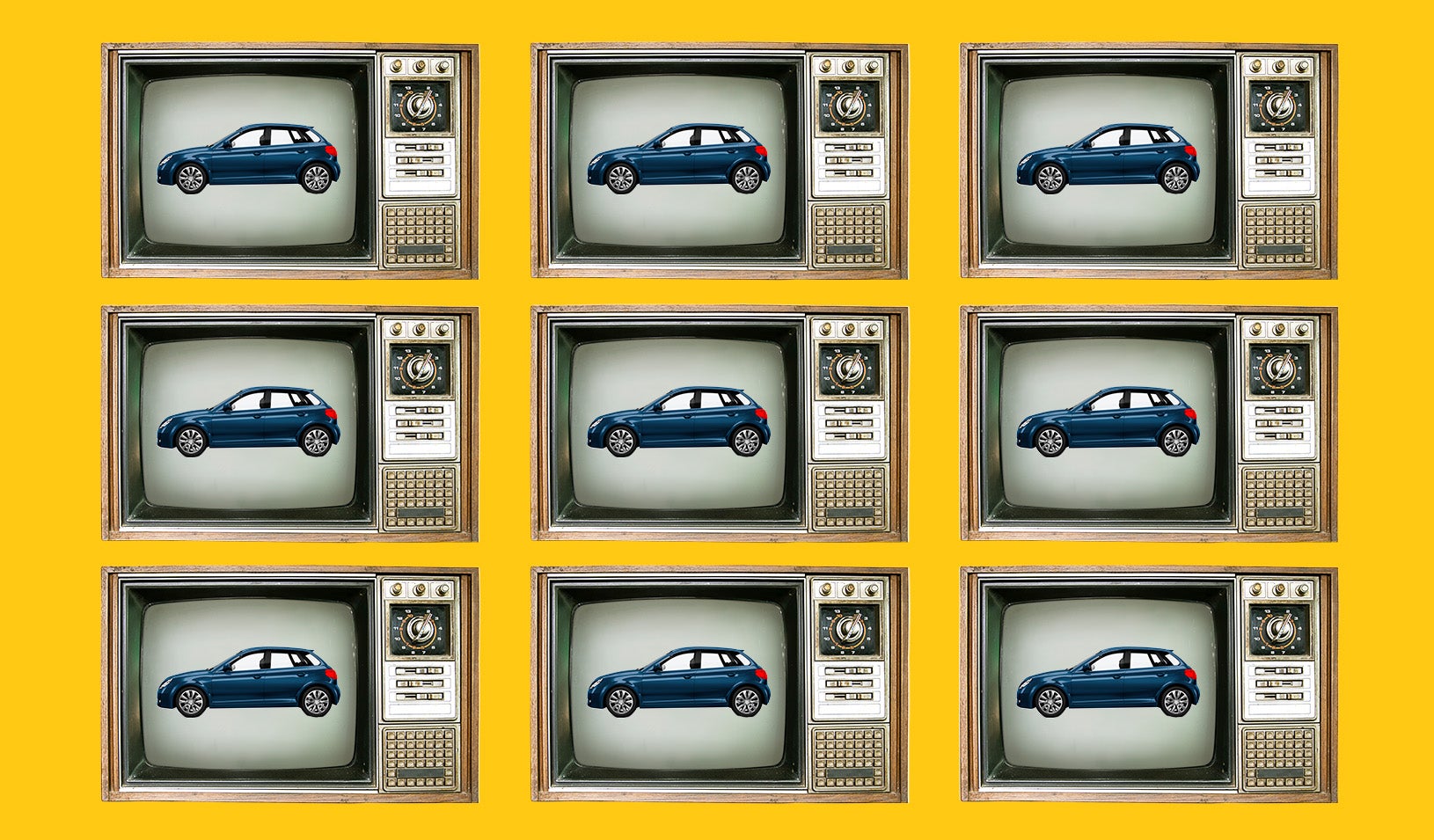February 01, 2009
| by Alice LaPlanteIs gambling an addiction or a form of entertainment? Mostly the latter, according to a new academic study that found evidence that most people have strict “loss thresholds” they will not cross when gambling.
However, casinos’ efforts to market to gamblers — giving free chips, drinks, hotel rooms, and shows to lure them to the tables — are especially successful at encouraging gambling activities among people who already exhibit addictive behavior.
“These are important findings for both casino owners and policy makers, because they will help us understand if the industry needs to be regulated — or regulate itself — when it comes to advertising,” said Sridhar Narayanan, assistant professor of marketing at Stanford GSB. Narayanan and his coauthor, Puneet Manchanda, associate professor of marketing at the University of Michigan’s Ross School of Business, wanted to perform a real-world empirical study of behaviors that had previously only been tested in laboratories.
Specifically, they wanted to take a data-based approach to investigating some of the most commonly raised criticisms of the casino gambling industry. Their study examined three separate but related questions: First, is gambling addictive? Second, do consumers display “irrational” beliefs in gambling behavior? And finally, how effective are the marketing incentives from casinos in promoting gambling activities?
Not surprisingly, there was evidence that some gamblers exhibit addictive behaviors. However, that percentage was relatively small — just 8 percent of all consumers — and in line with what other studies have found. “Medical researchers have estimated that between 5 percent and 8 percent of all gamblers show evidence of addiction,” said Narayanan. “Our findings were aligned with that.” (To determine addiction, Narayanan used a widely accepted definition of addiction from economics literature that asserts an addiction exists when a person’s past “consumptive” behavior has a strong positive effect on his or her current behavior.)
“There’s no doubt that gambling addiction exists, but these results indicate that the casinos are primarily entertainment destinations,” said Narayanan. “After all, a lot happens there other than the gambling — there’s the opulence to look at, the ability to sit and have a drink, or watch a show.”
Narayanan and Manchanda built a model based upon how consumers behaved during casino visits by analyzing both their “play decisions” — whether to continue gambling or stop after a win or loss — and the size of the bets they placed. The data had been collected over two years for a panel of consumers, and provided unprecedented insight into how individuals behaved while on trips to casinos.
The research provided the authors with some intriguing insights into this gambling-as-entertainment theory. For example, it indicated that people have fairly rigid thresholds for how much they are willing to gamble. “People seem to be satisfied with relatively small wins, and will tolerate even smaller losses,” said Narayanan. “Most of them won’t play after a certain threshold of loss has been reached. They tend to be conscious that, in the long run, they are more likely to lose than win.”
This is why Narayanan is personally convinced gambling is, for the vast majority of people, entertainment. “It’s like going to the movies. They set a budget, and enjoy the time that passes while they spend it. It’s not a completely irrational activity.”
This study is also consistent with a classic economic study completed by Daniel Kahneman and Amos Tversky in 1979, in which they formulated their “Prospect Theory.” “The idea is that people are more averse to losses than they are happy with wins,” said Narayanan. “This is the first empirical study to test this theory on real-world gambling decisions, and we find that people are two or three times more averse to losses than satisfied with wins. This is also consistent with what other researchers have found in studies conducted in the lab.”
That said, the study also found evidence that a great deal of irrational behavior does occur when gambling. The two most notable: the “hot hand myth,” and the “gambler’s fallacy.” The hot hand myth is the belief that a gambler’s chance of winning increases after a string of wins. The gambler’s fallacy is diametrically opposed. Irrationally, some believe that a win is likely to be followed by a loss, and vice versa. “The hot hand myth over-attributes skill to what are basically games of chance,” said Narayanan. “The gambler’s fallacy, on the other hand, occurs when gamblers refuse to see each game of chance as independent of any other — they believe that they are interconnected. We found evidence that both myths are prevalent among gamblers — even the ones that don’t exhibit addictive behaviors.”
These findings were significant in that this is the first time that they were corroborated with real-life data. “It’s fairly well known that these fallacies exist in the lab, but it’s never been clear until now how they play out in a real world with real consequences,’ said Narayanan.
The final conclusion of the study was that marketing efforts by casinos do, in fact, result in people making decisions to play more often, and to bet more. One worrisome aspect of this was that Narayanan and Manchanda also found evidence that marketing works particularly well on those consumers who already exhibit addictive behavior. “We need to do further work to determine precisely what kind of marketing works best, and on what kind of gamblers,” said Narayanan. “Casinos themselves want to understand what is happening so they can self-regulate and avoid having onerous regulations imposed upon them. Policy makers need to know so they can safeguard consumers against exploitation. In either case, there’s a lot more research to be done in this area.”
For media inquiries, visit the Newsroom.






